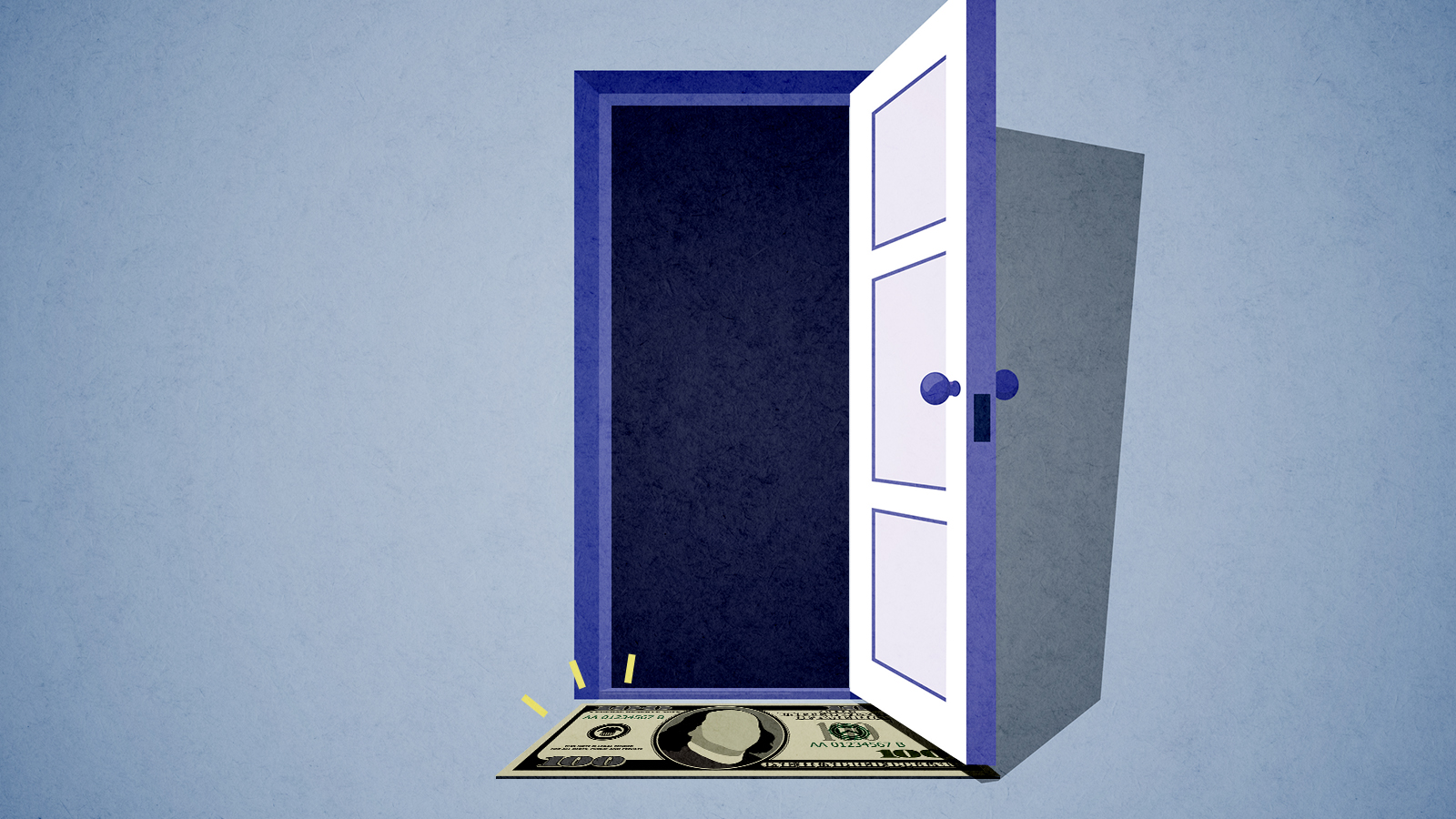How to choose the right mortgage for you
Everything you need to know about this very important decision

A free daily email with the biggest news stories of the day – and the best features from TheWeek.com
You are now subscribed
Your newsletter sign-up was successful
The homebuying process requires a lot of decision making, and one of the most important choices you'll make along the way is which mortgage is right for your needs. Picking a mortgage requires actually knowing your different options, and what to look out for. Here are some key questions to ask when it comes to selecting your home loan:
What kind of mortgage do you want?
First thing's first: What type of mortgage makes sense for your situation? As the Consumer Financial Protection Bureau (CFPB) explains, your mortgage type affects the size of your down payment, the amount of money you're eligible to borrow (and thus the price range of homes you can consider), and the total cost of the home loan.
Your options for mortgage type include:
The Week
Escape your echo chamber. Get the facts behind the news, plus analysis from multiple perspectives.

Sign up for The Week's Free Newsletters
From our morning news briefing to a weekly Good News Newsletter, get the best of The Week delivered directly to your inbox.
From our morning news briefing to a weekly Good News Newsletter, get the best of The Week delivered directly to your inbox.
What type of interest rate do you prefer?
You'll have the choice between a fixed-rate and an adjustable-rate mortgage (ARM). It's important to weigh the pros and cons of both interest rate options to determine what's right for you.
Locking in a fixed rate can make sense if the rate is low and "you plan to stay in your house for years to come or indefinitely," explains Kiplinger. This option tends to be lower risk because, as the name suggests, the interest rate you get stays the same for the life of the loan. The tradeoff for this level of reliability is that fixed rates are generally higher than adjustable rates.
Adjustable rate mortgages are a little riskier. The rate can fluctuate based on market conditions, though you can opt for a fixed rate for an initial portion of the loan. An adjustable rate mortgage with an initial fixed-rate period can make sense if "you plan to put the home up for sale in three to five years," Kiplinger says. "You can take advantage of rates lower than fixed rates, and be long gone when rates move up," adds Chase.com.
What size of down payment will you make?
You'll usually need to make a down payment of at least 3 to 5 percent of the home's purchase price. However, if you bump that up to at least 20 percent, you'll avoid paying for private mortgage insurance (PMI). This is a premium intended to protect the lender in case of default, and is tacked onto your monthly mortgage payment.
A free daily email with the biggest news stories of the day – and the best features from TheWeek.com
Plus, the larger a down payment you put down, the lower an interest rate you can usually secure. According to Nerdwallet, "it's to your advantage to cushion your purchase with a little instant home equity by putting down as much as you comfortably can." Just make sure to budget enough to cover other home buying costs, like closing costs, and to still have some funds in reserve.
What is the right loan term for you?
"The most common mortgage term in the U.S. is 30 years," per Rocket Mortgage. However, that doesn't mean that's the only option for how long you have to pay back your loan. There are also 15- and 20-year mortgages, and some lenders even let you dictate a term length of your choosing.
To get a sense of how your loan term affects your mortgage, Kiplinger gives an example: "On a $200,000 loan with an interest rate of 4 percent, the difference in monthly payment between a 15- and a 30-year term would be $525." However, 15-year loans typically have slightly lower rates, meaning you'd pay less in interest overall if you opted for the shorter term. This translates to a lower total loan cost. Plus, you'll have mortgage payments off your plate earlier.